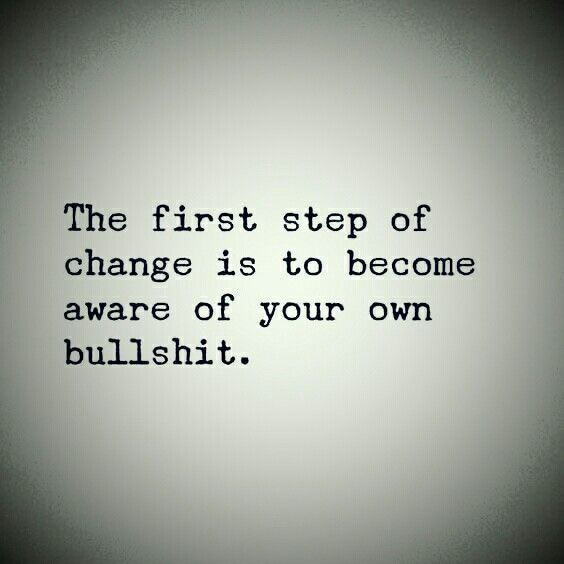
Your feelings towards another person tend to swing between extremes, one day, they are the love of your life, and the next day you decide to withdraw your trust completely. You are defiant one day and people-pleasing another, which creates identity confusion for both yourself and those around you. When overcome by the fear of abandonment, you may oscillate between being pushy and angry and being helpless and needy. You later regret your reactions because your anger makes them distance themselves from you even more. Resentment builds in the background, and you may suddenly have an anger outburst and surprise yourself and those around you. You don’t believe that you are good enough, so you overcompensate by being compliant and agreeable, sometimes disowning your needs. Your fear of abandonment saps energy that could otherwise have been available for productive work. You are always watching out for the subtle signs of another person pulling away. You may seek constant validation and reassurance from your partner, to the point where it gets tiring for both of you. You have a harsh inner critic that continuously criticizes or threatens you. Your fear of abandonment causes you to compare yourself to others often and feel like you are less desirable or lovable.

You were always watching out for the next sudden withdrawal of affection or anger blow-out.

As a child you could not relax into the safety net of parental embrace even when love was given, you feared it would go away. Their contradictory communication created confusion. Your parents were nice one day and cruel the other warm one day and cold the other. Sometimes, you feel like you are re-creating the psychodynamic with parents who were inconsistent in their love. When the relationship breaks down, you blame yourself and believe it was because you were not good enough. You may also overstay in relationships that you know are unhealthy for you. You attach easily and sometimes trust people who were not ready for intimacy to begin with. When others don’t explicitly express praise or affection, you feel rejected and abandoned but when they compliment you or express love for you, you are not able to trust them. You experience ‘flashbacks’- visual or emotional - of the humiliation you had in childhood. You feel triggered by even the subtlest signs of criticism. You may have an unexplainable fear that someone important to you will be hurt, killed, or disappear suddenly. Your fear of abandonment causes you to feel a deep sadness and hollowness when people you are attached to are not physically by your side. You find it difficult to have a sense that others hold you in mind when they are away, but you also don’t want to come across as being jealous and possessive. When your partner is not ‘in sight’, you become overwhelmed by feelings of clinginess and a sense of ‘helplessness rage’ that you cannot express. You may become needy, clingy, or challenge them, and make them frustrated that you do not trust them more. You are suspicious and jealous of their contact with others. You are suspicious when your partner is not around, responding to you, or replying to your messages. With the fear of abandonment, you are hypervigilant and are always watching out for signs that your partner is losing interest in you. The Fear of Abandonment Signs and Symptoms In contrast to avoidant people who are excessively independent, anxiously-preoccupied people may seek constant assurance, approval from their partners, and become overly dependent. While people with other attachment styles also have the same fears, people with this attachment pattern tend to feel them more consciously and to develop persistent emotional and behavioural patterns around these fears. People with anxious-preoccupied attachment tend to experience a lot of fear of abandonment and rejection. If our parents were controlling or we grew up in an enmeshed household environment, we may fear that when people come too close we will be swamped, lose our sense of self or independence. If our previous experience in life or childhood was unstable or if we had unreliable caregivers, we may fear we will be abandoned in relationships.

It usually comes in two forms- the fear of abandonment, and the fear of engulfment. On the flip side, someone with fear of abandonment might cope by cutting off completely and becoming emotionally numb.Īnxiety is a normal part of being in an intimate relationship. Fear of Abandonment Explained: ‘Object Constancy’įear of abandonment is a lingering feeling of insecurity, contributing to intrusive thoughts, emptiness, unstable sense of self, clinginess, neediness, extreme mood fluctuations, and frequent relationship conflicts.The Fear of Abandonment Signs and Symptoms.


 0 kommentar(er)
0 kommentar(er)
